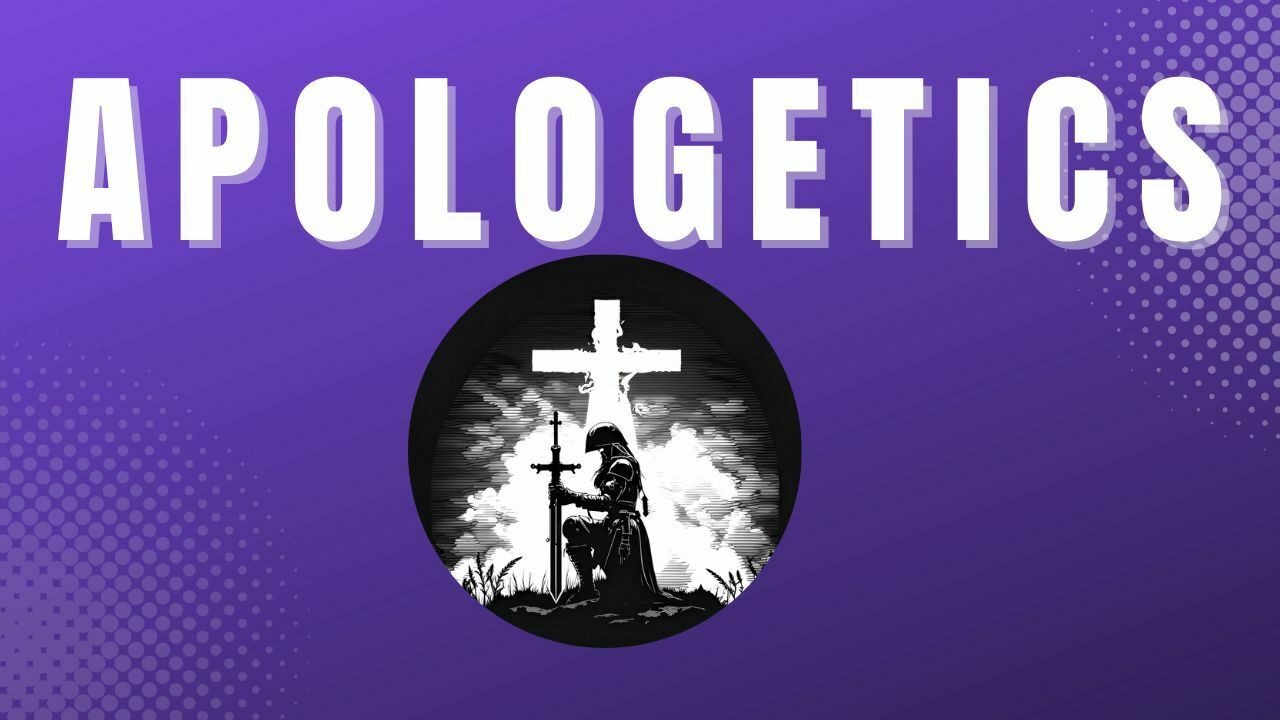In the digital age, technology has transformed the way we communicate and access information. The Catholic Church recognizes the importance of adapting to these changes to defend and spread the faith in an increasingly interconnected world. Catholic apologetics, which seeks to explain and justify the beliefs and teachings of the Church, finds a valuable ally in digital media to reach a wider and more diverse audience. In this article, we will explore the relevance and impact of Catholic apologetics in the digital age, supported by biblical verses that guide us in this mission.
- The Omnipresence of the Internet: Reaching a Global Audience
“And he said to them, ‘Go into all the world and proclaim the gospel to the whole creation.” (Mark 16:15)
One of the greatest benefits of the digital age is the omnipresence of the Internet, which allows Catholic apologetics to reach people from all around the world. Through websites, blogs, social media, and video platforms, it is possible to share information, answer questions, and clarify misconceptions about the Catholic faith. The universality of the Internet enables Catholic apologetics to transcend geographical and cultural boundaries, bringing the truth of the faith to those seeking answers.
- Quick and Accessible Responses: Clarifying Doubts and Myths
“But in your hearts honor Christ the Lord as holy, always being prepared to make a defense to anyone who asks you for a reason for the hope that is in you; yet do it with gentleness and respect.” (1 Peter 3:15)
In the digital age, people have instant access to an immense amount of information. However, they may also encounter misinformation or prejudices about the Catholic Church. Online Catholic apologetics can provide quick and well-founded responses to common questions and debunk unfounded myths and stereotypes. This helps dispel misunderstandings and provides truth-seekers with a clear and accurate understanding of the Catholic faith.
- Interreligious and Intercultural Dialogue: Building Bridges of Understanding
“Blessed are the peacemakers, for they shall be called sons of God.” (Matthew 5:9)
In the digital world, barriers of distance and time vanish, facilitating interreligious and intercultural dialogue. Catholic apologetics can engage in constructive conversations with people of other beliefs, promoting mutual respect and understanding among different religious traditions. Digital media provides a neutral space for this dialogue to occur peacefully and enrichingly.
- Personal Testimonies and Emotional Impact: Strengthening Individual Faith
“You are the light of the world… Let your light shine before others, so that they may see your good works and give glory to your Father who is in heaven.” (Matthew 5:14,16)
Personal testimonies have a powerful impact on people’s lives. Through videos, blogs, and social media, Catholics can share their experiences of faith and how it has transformed their lives. These testimonies can touch the hearts of those seeking meaning and purpose, creating an emotional connection that strengthens faith and generates hope.
- Online Formation and Catechesis: Educating in the Faith
“So faith comes from hearing, and hearing through the word of Christ.” (Romans 10:17)
The digital age also offers opportunities for online formation and catechesis. Through courses, conferences, and digital resources, Catholic apologetics can deepen believers’ understanding of their faith and provide tools to defend it more effectively. This empowers Catholics to live their faith consciously and coherently in an increasingly secularized world.
Advice for Catholic Apologists on the Internet: Humility, the Key to Serving with Pure Intentions
Dear brothers and sisters in the faith, if you wish to embark on the journey of Catholic apologetics on the Internet, always remember that humility is an essential virtue to purify the intentions of your service to others. Here is a brief piece of advice to guide you on this path:
- Know and Love the Truth: Before sharing and defending the Catholic faith, seek to deepen your knowledge of the Church’s doctrine and teachings. Loving the truth involves seeking it sincerely, studying the Scriptures and tradition to grasp the richness of our faith.
- Acknowledge Your Own Weakness: Remember that we are all sinners in need of God’s mercy. Recognizing your limitations will keep you humble and enable you to treat others with understanding and respect.
- Listen with Empathy: In the digital world, it is easy to engage in heated debates and confrontations. Practice active listening and empathy, showing genuine interest in the concerns and inquiries of others.
- Respond with Charity: When facing criticism or challenging questions, avoid responding with aggression or arrogance. Instead, reply with charity, always seeking to build bridges of dialogue and understanding.
- Learn to Yield: Understand that it is not always necessary to win an argument. Sometimes, yielding a point can display wisdom and patience, allowing the seed of truth to take root in the other person’s heart.
- Pray for Discernment: Before taking any action in online Catholic apologetics, pray for discernment and wisdom. Let your actions be guided by the Holy Spirit, fully aligned with the will of God.
- A Coherent Testimony of Life: Remember that your personal testimony is a powerful form of apologetics. Live your faith with coherence and authenticity, reflecting the love of Christ in your words and actions.
Catholic apologetics on the Internet can be a valuable and enriching mission, provided it is imbued with humility. By knowing and loving the truth, listening with empathy, responding with charity, and praying for discernment, you can purify your intentions and serve others with genuine love. May humility be the key that opens the hearts of those seeking truth and encountering God in the vastness of the digital world.
May the Holy Spirit guide us in this mission, always remembering the words of the Lord:
“And behold, I am with you always, to the end of the age.” (Matthew 28:20)
May the Lord bless you and guide you in this noble task!

